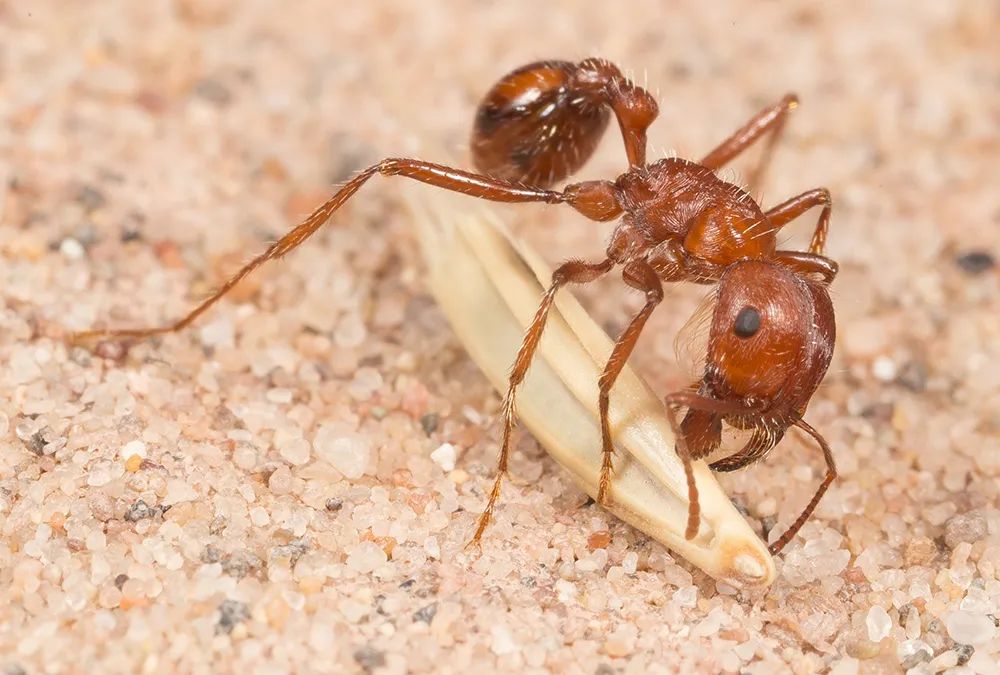Kenya Cracks Down on International Ant Trafficking Ring

AIROBI – Kenyan authorities have dismantled what appears to be an organized wildlife trafficking operation specializing in harvester ants, following the arrests of four foreign nationals in two separate incidents.
The Kenya Wildlife Service (KWS) confirmed that approximately 5,300 harvester ants were seized from the suspects at Jomo Kenyatta International Airport. The ants, which play a crucial ecological role in Kenya’s delicate ecosystems, were being smuggled in test tubes and specialized containers.
In the first operation, law enforcement detained two Belgian teenagers – 19-year-olds Lornoy David and Seppe Lodewijckx – who were attempting to transport roughly 5,000 harvester ants carefully preserved in more than 2,200 test tubes. According to prosecutor Allen Mulama, this seizure alone was valued at approximately 1 million Kenyan shillings ($7,700).
The second interception involved Vietnamese national Duh Hung Nguyen collaborating with Kenyan citizen Dennis Ng’ang’a, who were caught with an additional 300 harvester ants packed in 140 tubes, valued at 200,000 shillings ($1,550).
“This case exemplifies our commitment to protecting all wildlife, including species that might not receive the same attention as elephants or rhinos,” said Charles Musyoki, Director General of KWS. “Harvester ants may seem insignificant to some, but they serve vital functions in our ecosystems and are protected under Kenyan law.”
Wildlife trafficking experts believe the ants were destined for international collectors and possible research facilities in Europe and Asia, where rare insect specimens can command premium prices in underground markets.
The four suspects face charges under Kenya’s Wildlife Conservation and Management Act, which has been strengthened in recent years to include invertebrate species. If convicted, they could face substantial fines and imprisonment.
Environmental conservationists have praised the arrests, noting that the illegal trade in insects represents an emerging threat to biodiversity conservation efforts worldwide.

“While the trafficking of large mammals receives most media attention, the illegal collection of insects can have devastating ecological consequences,” explained Dr. Esther Kioko, Head of Zoology at the National Museums of Kenya. “Harvester ants are particularly important for seed dispersal and soil health in Kenya’s grasslands and savanna ecosystems.”
The case remains under investigation as authorities work to determine if the suspects are connected to larger trafficking networks operating across international borders.
The Belgian Embassy in Nairobi has not yet commented on the arrests. Subscribe to our Kenya travel blog for updates about their arrest as well as the latest tourism news and travel articles about attractions & destinations. For more information about ant smuggling, feel free to contact us via info@rentadriverkenya.com.




